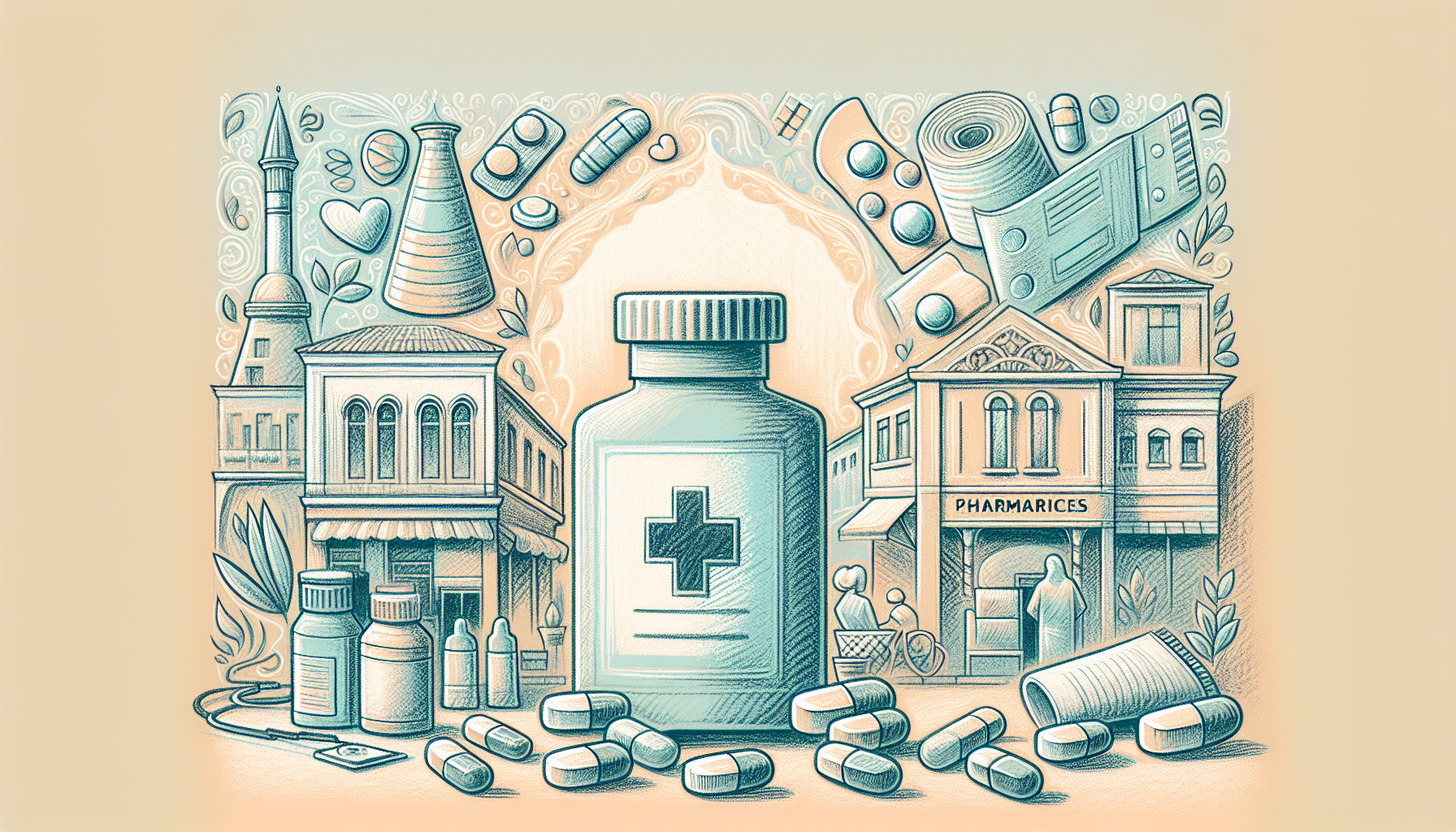Pharmacies in Turkey: Accessing Medications

Living abroad brings excitement and opportunity, but it also poses challenges—especially when it comes to healthcare. For expats in Turkey, one common concern is understanding how the pharmaceutical system works. Whether you need regular prescription medications or just want to pick up something for a headache, knowing how Turkish pharmacies operate can make your life smoother. This guide walks you through accessing medications in Turkey easily and confidently.
Understanding the Role of Pharmacies in Turkey
Pharmacies, known in Turkish as “eczane”, play a central role in Turkey’s healthcare system. Unlike in some countries where medications are sold in supermarkets or large retailers, medicines in Turkey are mostly available only at pharmacies. Pharmacists are highly trained and offer services beyond simply filling prescriptions. Many speak English, especially in urban areas and tourist hubs.
- Standard hours: Monday to Saturday, 9 a.m. to 7 p.m.
- Closed on Sundays, with emergency coverage through assigned duty pharmacies
- Highlighted “Nöbetçi Eczane” signs for after-hours service
Pharmacies aren’t just for prescriptions. You can also find over-the-counter medicines, vitamins, baby care products, and personal hygiene items. They also offer advice on minor ailments and can guide you on when to see a doctor.
Filling Prescriptions: What Expats Should Know
If you have a prescription from a Turkish doctor, getting it filled is usually fast and easy. Prescriptions don’t require paper copies. Instead, most are entered into the national health database, which pharmacies access using your identity number. If you are enrolled in Turkey’s public health system (SGK), many medications are subsidized or even free.
Expats using private insurance must usually pay upfront and request reimbursement later. Without insurance, you’ll receive a printed receipt listing the medicine’s name and cost—useful for expense tracking and insurance claims.
- National ID or passport required to access digital prescription system
- Generic medications are widely used and accepted
- Check prices beforehand—some imported drugs may be costly
Bring your medical documents when first visiting a pharmacy, especially if on long-term medication. Pharmacists can help find Turkish equivalents, which sometimes differ in name or dosage.
Non-Prescription Medicines and Everyday Health Needs
Many common medications can be bought without a prescription. For minor issues like colds, allergies, or digestion problems, pharmacists often recommend over-the-counter solutions. These are stored behind the counter, so you will need to ask for them even if a prescription isn’t required.
Instead of brand-name drugs, Turkey relies on generic options that meet the same quality standards. These are often significantly cheaper than their equivalents in other countries.
- Pain relievers (ibuprofen, paracetamol)
- Cold and flu medications
- Digestive aids and antacids
- Antihistamines
- Topical creams (burns, insect bites, rashes)
Ask the pharmacist for guidance if you’re unsure. Many speak enough English to assist, and some even have multilingual staff or signs in English, especially in larger cities.
Emergency Access and Duty Pharmacies
Pharmacy hours in Turkey follow a standard schedule, but emergencies don’t wait. Each area designates at least one “nöbetçi eczane” (on-duty pharmacy) to remain open 24/7. Locations rotate regularly, and finding the closest duty pharmacy is easy.
- Look for posted signs on pharmacy doors
- Local municipal websites publish updated lists daily
- Search “nöbetçi eczane” plus your city on Google Maps
Duty pharmacies provide full service, including prescription medications and medical advice. In tight situations—like a sudden allergic reaction or lost medication during travel—knowing where to go matters.
Helpful Tips for Expats Managing Medications
Managing your health in a foreign country takes some planning. Whether you’re adjusting to long-term residency or staying for a few months, these tips will help keep medication logistics simple:
- Bring a copy of your medical records translated into Turkish, if possible
- Photograph your prescriptions and medicine packaging for reference
- Keep a small supply of essential medications in case of travel or delays
- Use translation apps to explain symptoms when language is a barrier
- Download Turkish pharmacy apps to locate stores and get directions
For ongoing conditions, identify a local clinic and build a prescription history through a Turkish doctor. This makes it easier to access medications during holidays or travel within the country.
In short, the pharmacy system in Turkey is structured, accessible, and user-friendly—even for newcomers. With a bit of preparation and local insight, expats can handle medication needs confidently and focus on enjoying all that Turkey has to offer.
